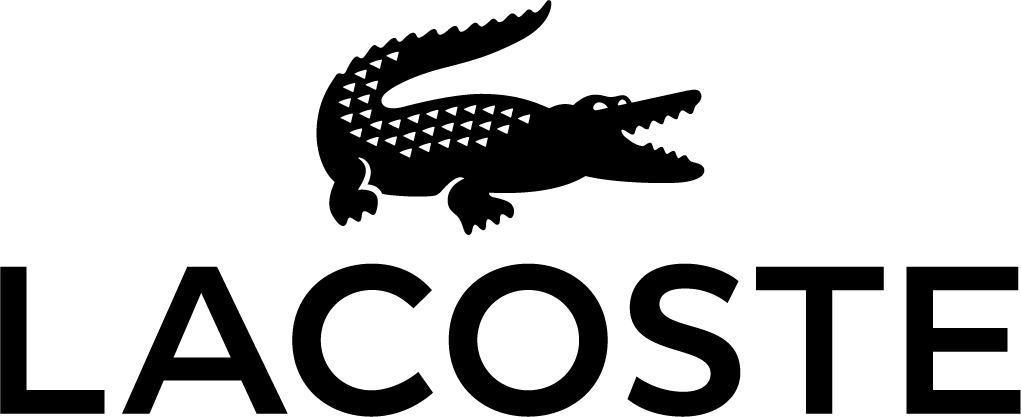
COVID-19 has indirectly impacted eye health in ways that few would have anticipated. With many classrooms, business meetings, and hang-outs being relocated to virtual settings like Zoom and FaceTime, people are spending more time scrutinizing other people’s faces — and their own.
For some people, the more time they spend watching themselves in the thumbnail, the more time they focus on real or imagined imperfections and features that make them feel insecure.
In fact, plastic surgeons and cosmetic doctors all over the world are reporting something called the ‘Zoom Boom’ — the recent surge in cosmetic procedures to perfect ‘Lockdown Face.’ Yep, it’s a thing.
What many don’t realize is that cosmetic facial procedures can pose serious risks to eye health and vision, and in some cases result in serious eye damage or vision loss.
While opting to undergo a cosmetic procedure is a personal choice that each individual should make for themselves, a fully informed decision requires a visit to your eye doctor. Also, those interested in having a cosmetic eyelid lift should consult with a reputable oculo-plastic surgeon who has experience in this particular procedure.
How Can Cosmetic Procedures Impact Your Eyes?
Before undergoing a cosmetic facial procedure, it’s important to know which procedures pose potential risks to your eyes and vision.
Eyelash Extensions
The adhesive used for eyelash extensions has been known to cause allergic lid reactions, infections, styes, and dry eye. Eye doctors unanimously agree that eyelash extensions should be the last resort for those who want fuller, thicker lashes.
Additionally, the addictive nature of eyelash extensions make them particularly risky. A side effect of lash extensions can be reduced eyelashes, which often drives the individual to have this procedure done repeatedly.
A safe alternative to getting eyelash extensions is using a medication called Latisse. This eyelash enhancing product can be prescribed by your eye doctor and may reduce the need for false eyelashes or extensions.
Laser Procedures
Lasers are used for various cosmetic procedures due to their high efficiency and accuracy. However, exposing the naked eye to a laser beam can be dangerous.
All laser procedures should be performed while the patient wears specialized goggles or corneal shields for protection. If the procedure is performed by an unlicensed individual, there is a much greater chance that effective eye protection won’t be used.
A study published in The Journal of Clinical and Aesthetic Dermatology found that ocular injuries can occur even when protective shields are utilized correctly.
Episcleral Tattoos
This procedure is the tattooing of the whites of the eye. Dye is injected beneath the conjunctiva and into the sclera (the white of the eye) to make it appear the desired color.
Episcleral tattoos can cause headaches and severe light-sensitivity, and increase the risk of eye infections, conjunctival hemorrhaging, and permanent vision loss.
Botox Injections
Botox injections are one of the most popular cosmetic procedures offered today, but they can harm eye health and vision when injected around the eye area.
Some common complications include allergic reactions, blurred vision, and droopy eyelids. Most of these reactions are temporary, but if symptoms persist and if blurred vision is prolonged, see an eye doctor immediately.
Always choose a qualified and licensed doctor to perform the procedure.
When to Visit Your Optometrist
If you are considering having any facial or eye procedures done, speak with your optometrist about how to keep your eyes safe during the process.
An eye exam with Dr. Carole Burns will determine the state of your eye health and what risks would be involved with the procedure you want.
If you’ve already undergone a cosmetic procedure or surgery and are experiencing any eye health or visual symptoms, call Professional VisionCare in for a prompt eye exam.
We want you to feel confident in the way you look, while keeping your eyes healthy and safe. Call Professional VisionCare to schedule your eye exam today.
At Professional VisionCare, we put your family’s needs first. Talk to us about how we can help you maintain healthy vision. Call us today: 614-898-9989 or book an appointment online to see one of our Lewis Center eye doctors.
Want to Learn More? Read on!
FOLLOW US:































